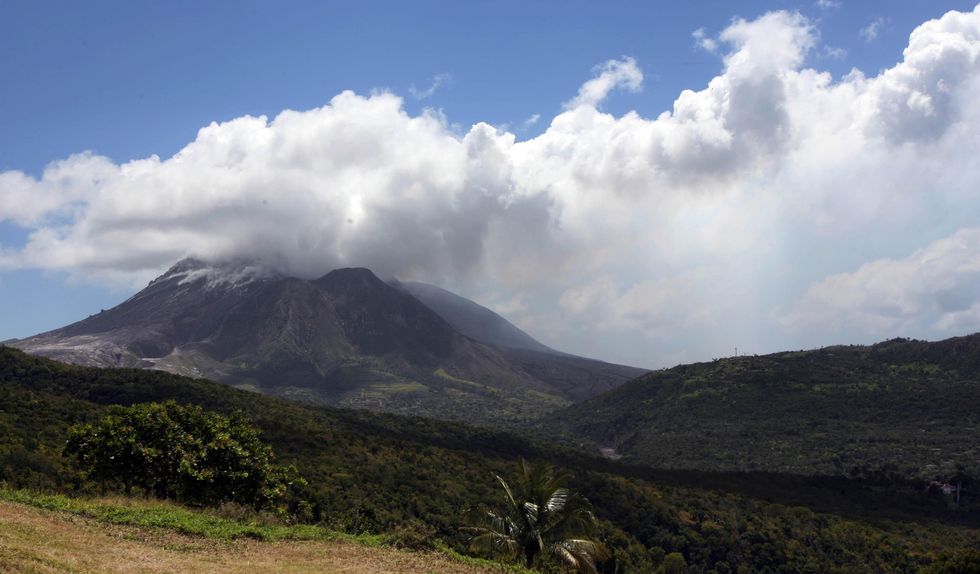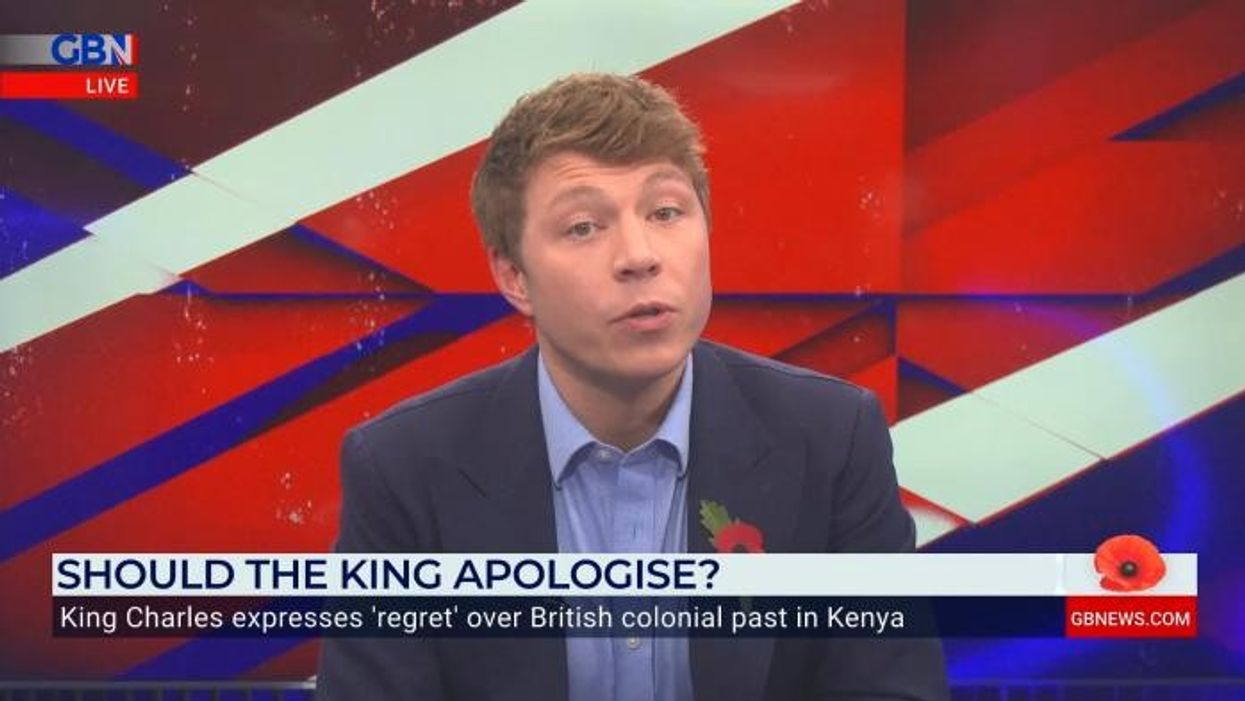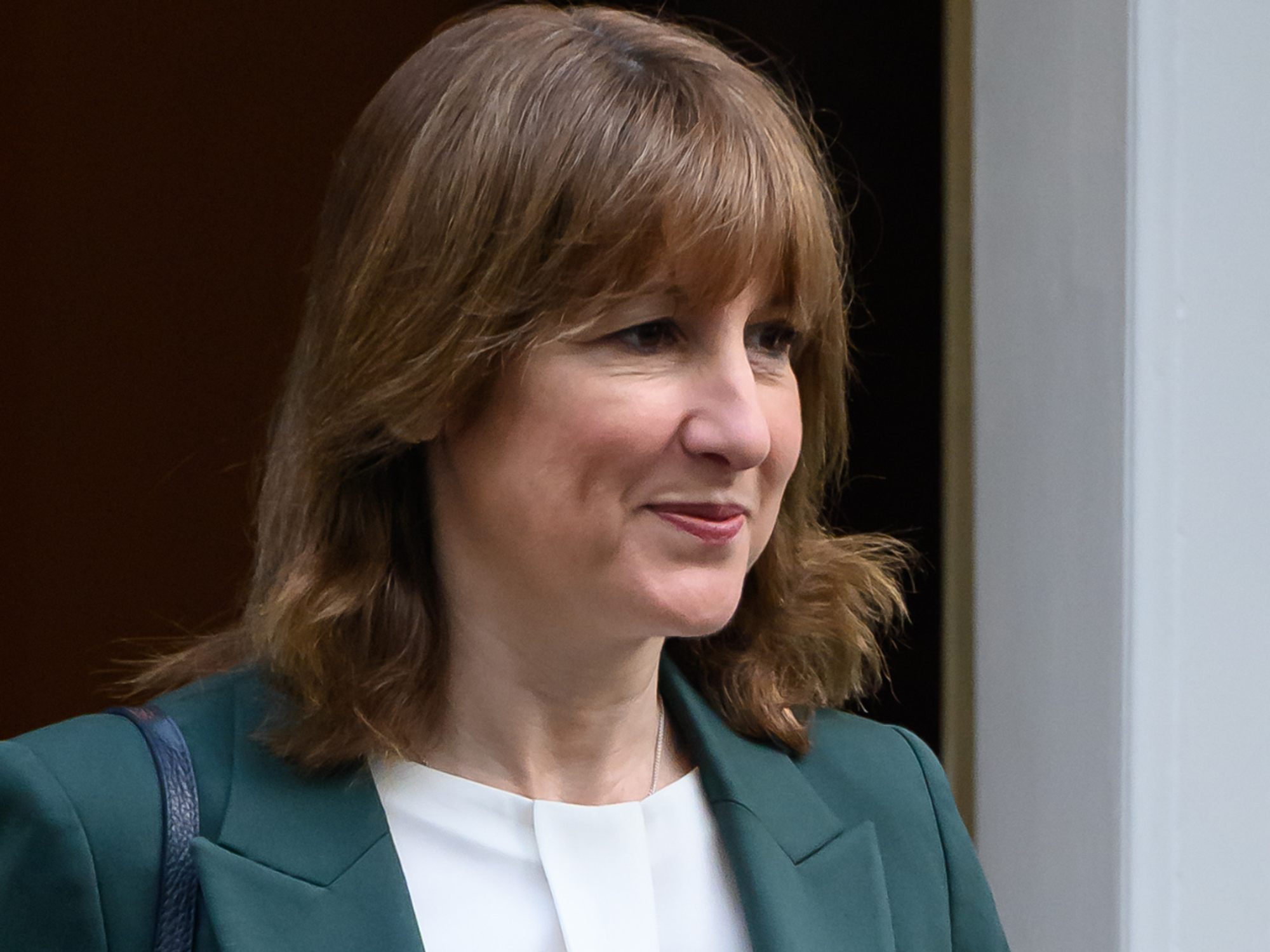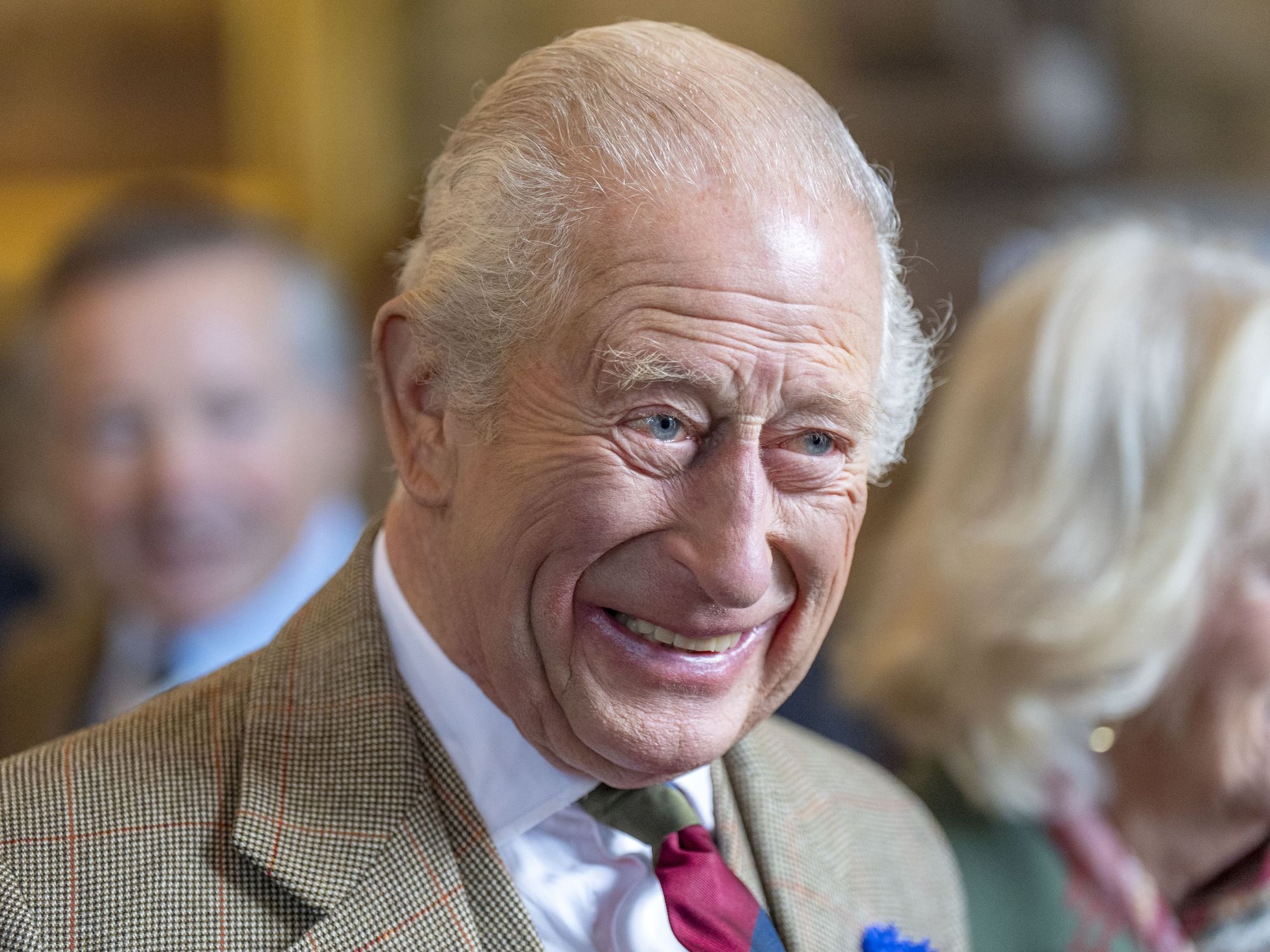British overseas territories demand MPs axe common title over 'oppressive and colonial' connotations

Ministers were accused of knowingly carrying on with 'the disempowerment and subjugation of peoples'
Don't Miss
Most Read
Overseas territories are calling on the British Government to scrap a title, commonly used by several islands as they claim it has "oppressive and colonial" connotations.
Evidence submitted to the Commons’ public administration and constitutional affairs committee accused ministers of knowingly carrying on with "the disempowerment and subjugation of peoples" in the former colonies.
MPs are examining the relationship between ministers and the 14 British overseas territories (OTs) around the world and have demanded that the title of 'governor' be scrapped.
Evidence claims that the "'greater' times of the British Empire … clearly informs" Government approach towards OTs.

Minister for the OTs David Rutley MP
|Getty
The commission was also told that islanders "frowned upon" the naming of cultural landmarks after the British monarchy.
Minister for the OTs David Rutley said that there was a "close relationship" between the territories and the UK as a new joint declaration was signed last week.
Evidence submitted by the government of Montserrat, an island in the Caribbean, claimed: "There is a need to decolonise the relationship between the United Kingdom and the [OTs]."
"The word ‘governor’ seems rooted in a colonial-era mindset of rule, which is outdated for a 21st-century relationship with the United Kingdom.
"It is time to consider adapting a new governance system that begins with a more suitable and inclusive nomenclature."
LATEST DEVELOPMENTS:

The government of Montserrat said: "There is a need to decolonise the relationship between the United Kingdom and the [OTs]."
|PA
Former speaker of the Montserrat Legislative Assembly Shirley Osborne, called the UK’s relationship with the island "a patronising, deeply colonial one".
The Montserrat government said that the "influence and control extorted by the UK continues to reflect colonial characteristics".
It has called on Britain to recognise the "past injustices" and make reparations for colonialism.
Former premier of Montserrat Donaldson Romeo added: "The painful truth is that the past 28 years have been some of the worst, most antagonistic and degrading of the 400 years of the shared colonial history between our governments, and the nearly two centuries since emancipation from slavery."
Parliament has unlimited power to legislate for OTs and the Privy Council can issue Orders in Council to change territory laws and constitutions.
St Helena Equality and Human Rights Commission claimed that the governor had a "disproportionate" amount of power and that British-appointed officers were paid up to five times more than local roles.
"St Helena is proudly British and wishes to be accepted as British," the commission said. But it added: "Current constitutional arrangements are colonial and obsolete."
The government of the British Virgin Islands said that the right of veto over its domestic affairs was "deep and pervasive" and there was a "notable tension" in the relationship.
An FCDO spokesperson said: "As well as representing His Majesty in The King, Governors work closely with the elected leaders of each Territory to serve their people, and have specific constitutional responsibilities for law and order, external affairs and good governance.
"The UK and the Overseas Territories’ Governments recently agreed a joint declaration, setting out a new, more collaborative and ‘modern partnership’ between the UK and the Territories.
"This includes renewed commitment by the UK to engage closely with each Territory - when that Territory wishes - to review that Territory’s constitution, and to support Territory Governments to accept additional responsibilities and greater autonomy, alongside accountability, where they wish to."











